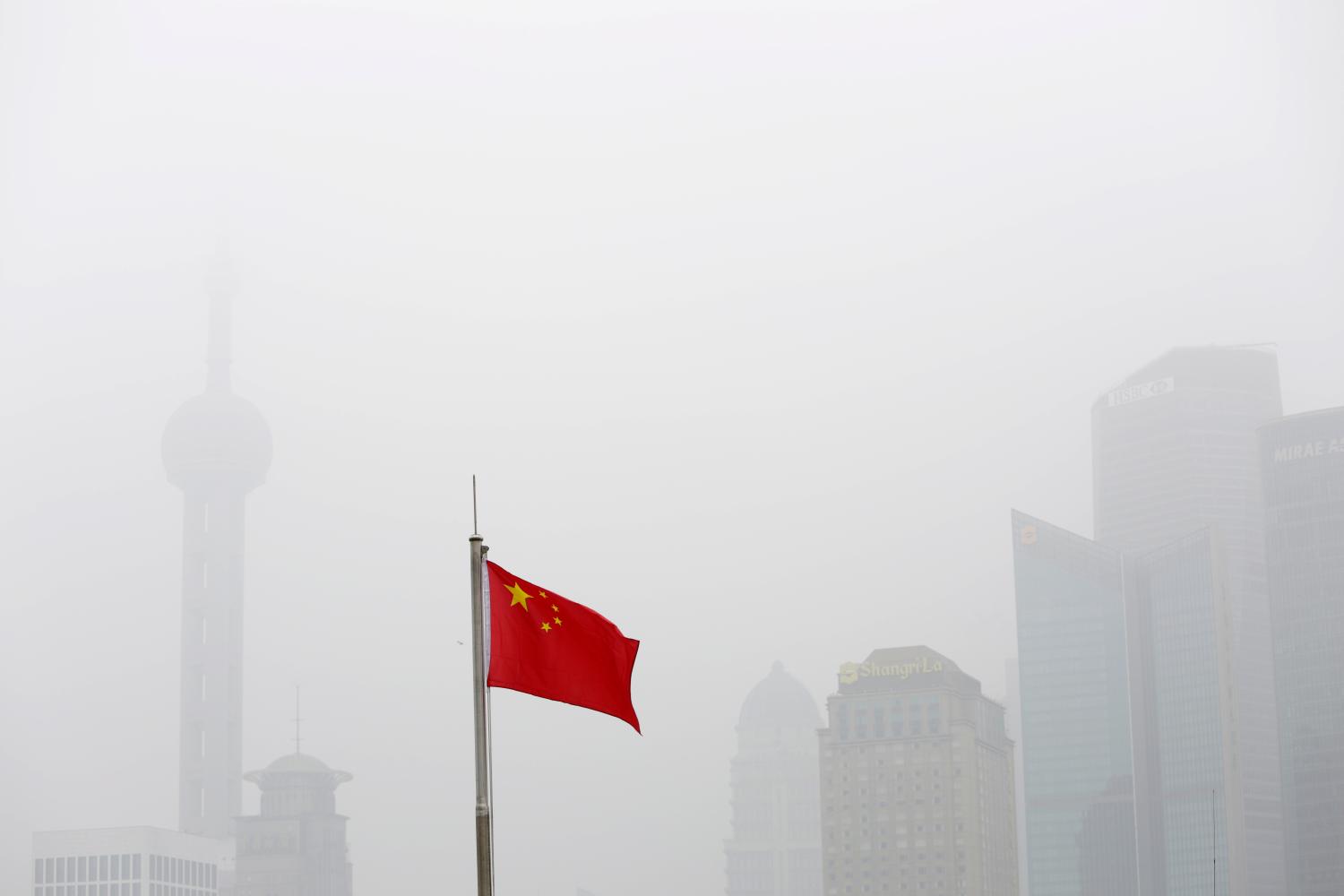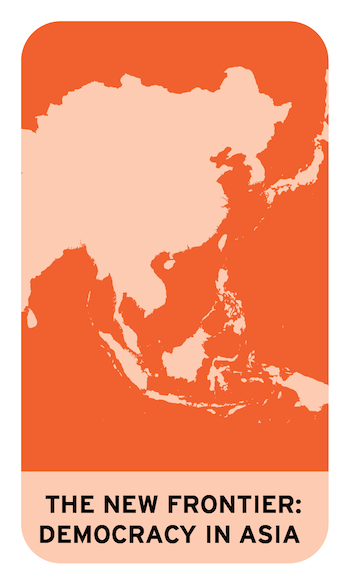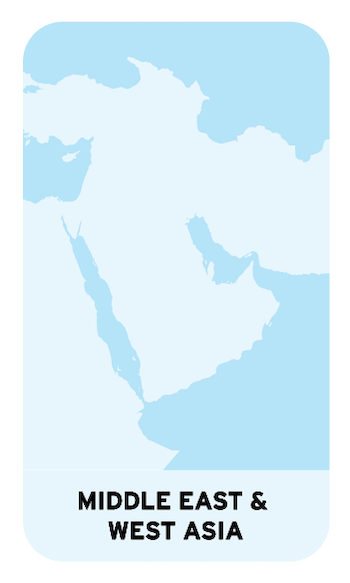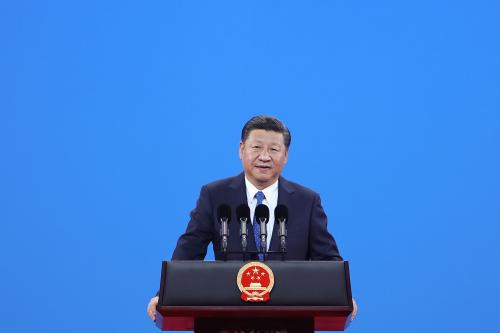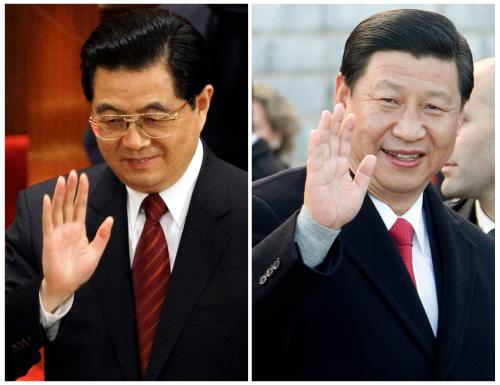 Executive Summary
Executive Summary
The rise of China and the persistence of deep, internal challenges across open societies have created tremendous headwinds for democracy and liberal values globally, threatening U.S. alliances, liberal economic order, and even the political identity of the United States and its democratic partners and allies. Beijing’s “flexible” authoritarianism abroad, digital tools of surveillance and control, unique brand of authoritarian capitalism, and “weaponization” of interdependence may in fact render China a more formidable threat to democracy and liberal values than the Soviet Union was during the Cold War.
China’s growth and determined illiberalism mean that open societies around the world must prepare for the current era of democratic stagnation to continue, or even worsen. Against this backdrop, the United States and its allies must first come to grips with the gravity of the China challenge and then advance democracy and liberal values to the forefront of U.S. grand strategy. U.S. and allied leaders of open societies should embrace the China challenge, seizing an opportunity to restore faith in democratic capitalism through political realignments and mobilization for renewal, including major new investments in infrastructure, research and development, education, development assistance, intelligence, alliances, and defense.
The Brookings Institution is committed to quality, independence, and impact.
We are supported by a diverse array of funders. In line with our values and policies, each Brookings publication represents the sole views of its author(s).

